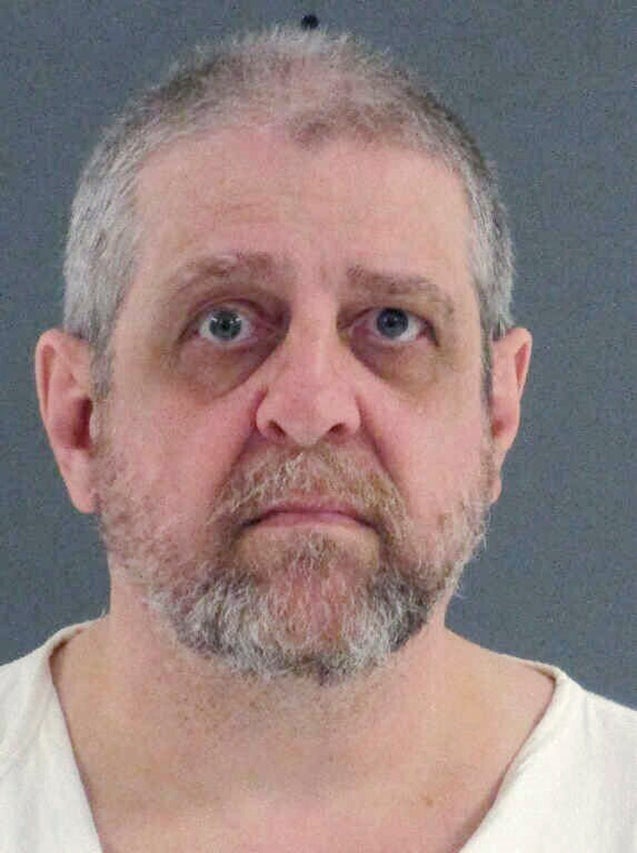Texas death row inmate dies after December surgery for tumor
A spokesperson for the Texas prison system says a man who had been on the state's death row for nearly 30 years after being convicted in the killings of his girlfriend and her two sons has died of natural causes

Your support helps us to tell the story
From reproductive rights to climate change to Big Tech, The Independent is on the ground when the story is developing. Whether it's investigating the financials of Elon Musk's pro-Trump PAC or producing our latest documentary, 'The A Word', which shines a light on the American women fighting for reproductive rights, we know how important it is to parse out the facts from the messaging.
At such a critical moment in US history, we need reporters on the ground. Your donation allows us to keep sending journalists to speak to both sides of the story.
The Independent is trusted by Americans across the entire political spectrum. And unlike many other quality news outlets, we choose not to lock Americans out of our reporting and analysis with paywalls. We believe quality journalism should be available to everyone, paid for by those who can afford it.
Your support makes all the difference.A man who had been on Texas’ death row for nearly 30 years after being convicted in the killings of his girlfriend and her two sons has died of natural causes, a spokesperson for the state prison system said Thursday.
Henry “Hank” Skinner, 60, died Thursday afternoon at a hospital in Galveston, said Texas Department of Criminal Justice spokesperson Robert Hurst.
In a statement, Skinner’s attorneys said he died from complications following surgery in December to remove a brain tumor.
Skinner had been scheduled to be executed Sept. 13.
Skinner was convicted of capital murder for the New Year’s Eve 1993 deaths of 40-year-old Twila Jean Busby and her sons — 22-year-old Elwin Caler and 20-year-old Randy Busby. They were found dead in their home in Pampa, located northeast of Amarillo in the Texas Panhandle.
Prosecutors said Skinner used an ax handle to kill Twila Busby and then fatally stabbed her sons, who were both mentally impaired.
Skinner had long maintained his innocence. He had said he was passed out on a couch from a mix of vodka and codeine at the time of their deaths. Skinner and his attorneys had pointed to Twila Busby's now-deceased uncle, Robert Donnell, as the possible killer.
“Mr. Skinner was still challenging his conviction at the time of his death, and we are deeply sorry that he passed away before those proceedings were complete,” his attorneys said in a statement.
Prosecutors had said traces of Skinner’s DNA were in blood in the bedroom where Randy Busby was found stabbed to death and that his DNA also matched blood stains throughout the house where the murders took place.
Skinner once came within an hour of execution in March 2010 before the U.S. Supreme Court granted him a stay so he could pursue DNA testing of items from the crime scene that hadn’t been tested.
This evidence was not tested at the time of Skinner’s trial as his lawyer had feared the test results would be more damaging to his case.
“I’ve been framed ever since,” Skinner told The Associated Press in 2010. “They’re fixing to kill me for something I didn’t do.”
Testing was done on the additional evidence. His attorneys had argued the results of the testing showed it was “reasonably probable” he would have been acquitted for the slayings if the jury had heard testimony about this additional evidence. Prosecutors had argued most of the DNA evidence implicated Skinner.
In 2014, a judge ruled Skinner probably would have been convicted even if the additional DNA evidence had been introduced at his trial.
In October, the Texas Court of Criminal Appeals upheld the judge’s ruling.
___
Follow Juan A. Lozano on Twitter at https://twitter.com/juanlozano70.